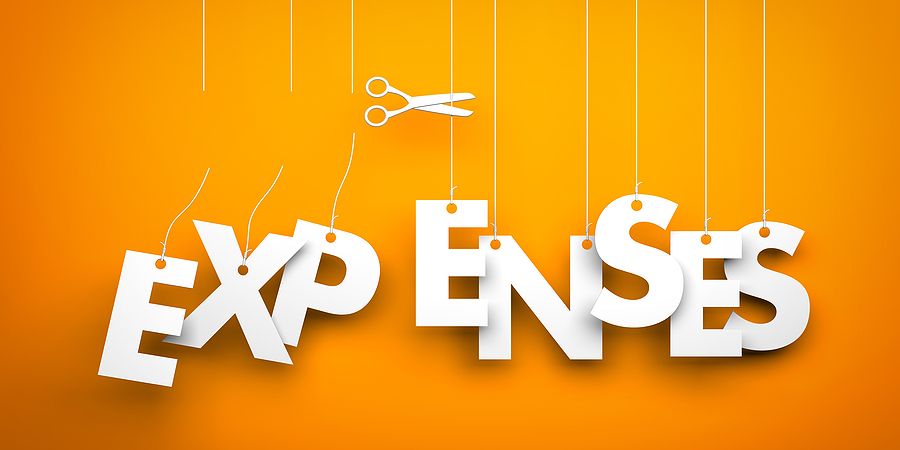In the current economic environment, many individuals and households are struggling to maintain their financial stability. As such, it is crucial to establish strategies to cut expenses when money is tight. There are practical approaches to reduce expenditure, save more, and enhance financial resilience, outlined below.
Create and stick to a budget—The first step to expense control is to prepare a budget and adhere to it. List all your income sources and expenditures and identify areas where you can reduce spending. By doing so, you maintain oversight of your financial state and can make proactive decisions to prevent unnecessary costs.
Cut back on nonessential expenses—Begin by trimming down non-critical expenses. These could be subscriptions to entertainment and fitness platforms, dining out, or even the daily coffee from your favorite café. Opt for economical alternatives such as home-based workouts, cooking home-made meals, and making your own coffee.
Shop innovatively—Using coupons, discounts, and cashback offers when shopping can help save money. Try to purchase items in bulk when they are on sale to save money. Additionally, reducing the frequency of shopping trips can also lead to significant savings on transport and impulsive buying.
Utilize public transportation—Consider using public transit, walking, or biking to work to reduce gas and vehicle maintenance costs. If you own multiple vehicles, consider whether you could manage with fewer.
Save on utilities—Consider implementing energy-saving strategies, such as using energy-efficient appliances, adjusting the water heater temperature to the recommended setting, and turning off lights when not in use. These small changes can lead to substantial savings in the long run.
Evaluate housing costs—Housing costs are one of the most significant parts of a budget. If you're renting, consider downsizing to a more affordable unit, getting a roommate, or negotiating a lower rent with your landlord.
If you own your home and have a mortgage, consider refinancing to a lower interest rate.
Pay down high-interest debt—High-interest debt, such as credit card debt, can be a significant expense. Paying down this debt as quickly as possible can dramatically reduce the amount of interest paid, thereby freeing up money in your budget.
Consider part-time work or freelancing—Explore options to increase your income, such as taking on a part-time job, freelancing, or selling unused items.
Regularly review finances—Regularly reviewing finances may help you stay on top of spending and alert you to any increasing expenses that require attention.
Remember, cutting expenses when money is tight involves a combination of things: reducing expenses and spending, increasing income, and effective planning. It's an ongoing process that may take time to see results, but these strategies help provide a framework to support money management efforts.

